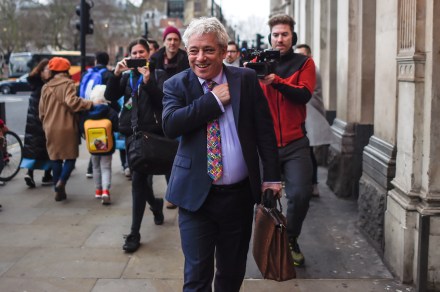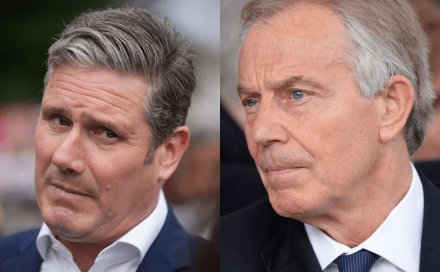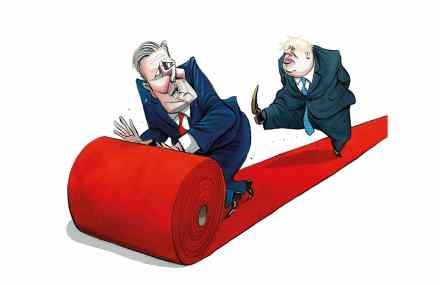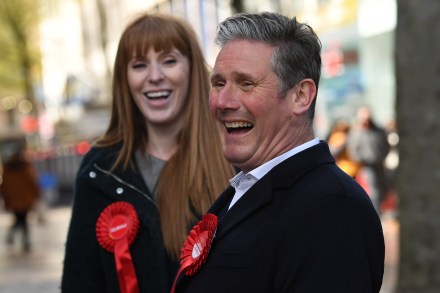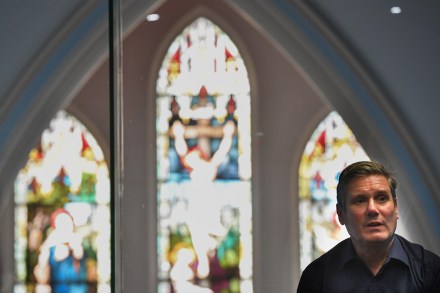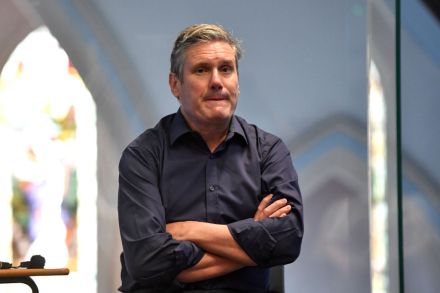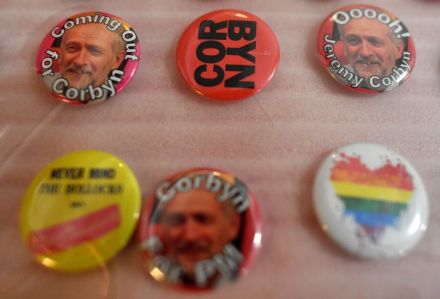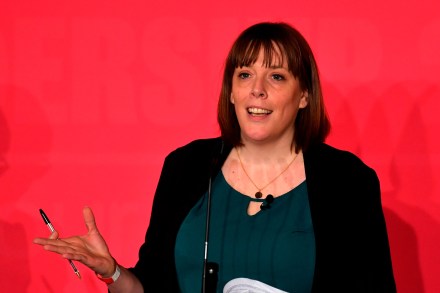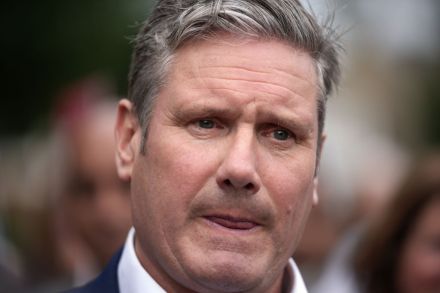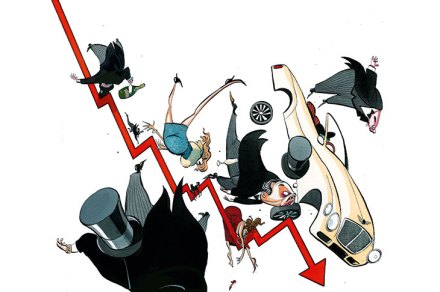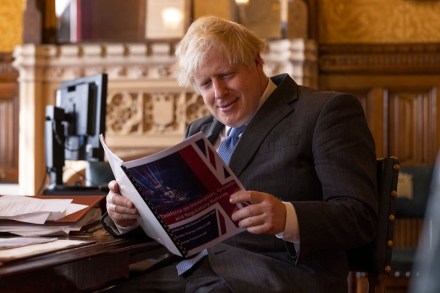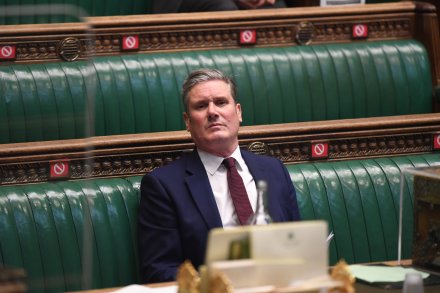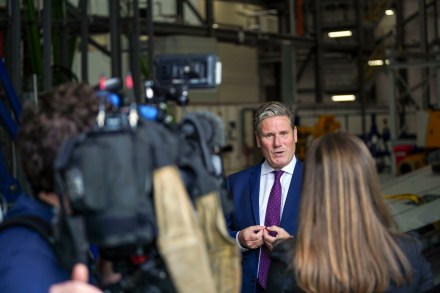How MPs can make the Afghanistan debate matter
It is very easy to dismiss Wednesday’s recall of Parliament as a pointless exercise in handwringing that sums up the way most MPs approach foreign policy. There will certainly be plenty of frustrating hindsight on offer from politicians who haven’t taken a blind bit of notice of Afghanistan right up until the point where they scent an opportunity to bash the government. But there are also important questions to be answered that cannot wait for the normal return of the Commons in September. The first is whether there is any likelihood of British and NATO troops returning to the country. This morning on the Today programme, Defence Secretary Ben Wallace



